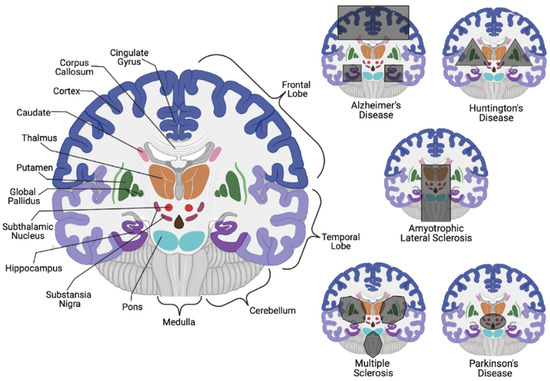

This metabolic reprogram enables cells to synthesize a large amount of precursors for biomacromolecule synthesis ( Pavlova and Thompson, 2016).

Tumor cells need to change their metabolism to support their demands for rapid growth and proliferation, so called metabolism reprogram ( Pavlova and Thompson, 2016). Understanding the link between cancer cell metabolism and chromatin modifications will help develop more effective cancer treatments. We also summarize the effect of glucose metabolism on chromatin modifications and how this relationship leads to cancer development.

These functions include regulation of cell metabolism, gene expression, cell apoptosis and autophagy. Here, we provide a comprehensive review about the role of glycolysis, gluconeogenesis, and TCA cycle in tumorigenesis with an emphasis on revealing the novel functions of the relevant enzymes and metabolites. In addition to glycolysis, recent studies show that gluconeogenesis and TCA cycle play important roles in tumorigenesis. The prominent metabolic reprogram is aerobic glycolysis, which can help cells accumulate precursors for biosynthesis of macromolecules.


 0 kommentar(er)
0 kommentar(er)
